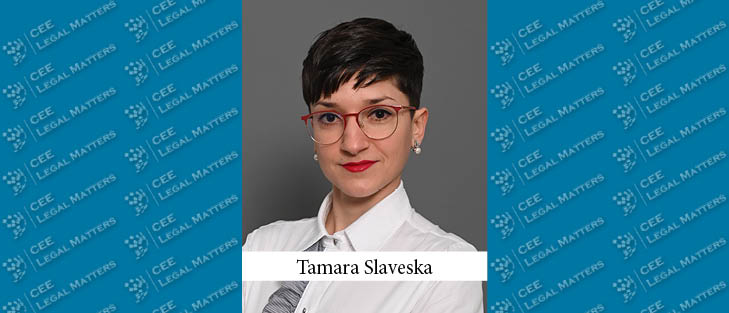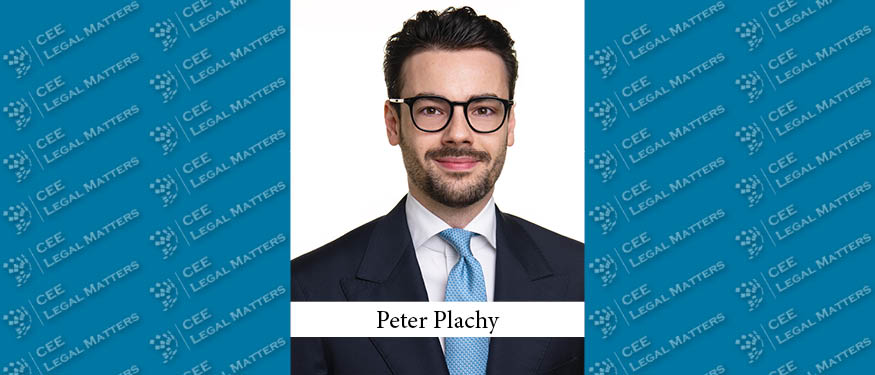In recent weeks, the Slovak Parliament has approved two laws that could substantially increase labour costs for employers in Slovakia. One amendment to the Minimum Wage Act raises the automatic determination rate of the minimum wage, while another introduces a new contribution to cover sports activities for employees' children.
The AI Shift: How Technology is Redefining HR
CMS Partners Daniela Kroemer, Dragana Bajic, Tomasz Sancewicz, and Katalin Horvath discuss the growing role of AI in HR across CEE and delve into its current applications, regulatory challenges, and the broader impact on workplace dynamics.
Why Is North Macedonia a Business Haven in Europe?
North Macedonia, strategically located in the heart of the Balkan Peninsula, south-eastern Europe, is a landlocked country with a unique advantage. Its position between two main European corridors, coupled with political and democratic stability and a favorable tax and regulatory framework, makes North Macedonia a promising destination for potential foreign investors. The country offers abundant possibilities, especially in greenfield investments, renewable energy, software, IT services, logistics, construction, cannabis production, agriculture, food services, tourism, etc.
Employment Rules for Guest Workers May Be Tightened in Hungary
According to the latest data from the Hungarian Central Statistical Office, nearly 100,000 foreign nationals were employed in Hungary as of July 2024, with almost 80% coming from third countries. After years of government-led anti-immigration messaging, many Hungarians have expressed fear and outrage at the sight of large groups of Indian, Filipino, and Vietnamese workers in smaller towns, perceiving them as competition for job opportunities.
TGS Baltic Advises Estonian Actors Union on Good Practice Agreement
TGS Baltic has advised the Estonian Actors Union on drafting and negotiating a good practice agreement.
Regulatory Changes for Employment Agencies in Albania
Under Albanian law, employment intermediary activities are carried out by two types of agencies. The first type consists of “Recruitment Agencies,” which facilitate the hiring of individuals to work for a third party. The second type includes “Temporary Employment Agencies” (TEAs), which recruit and hire individuals for temporary assignments with host companies while keeping them on the agency’s payroll.
New Co-Heads of Corporate and Employment Teams at Turunc
Turunc has promoted Beste Yildizili Ergul and Naz Esen to Managing Associates and appointed them to Co-Head of Employment and Co-Head of Corporate Advisory teams, respectively.






















